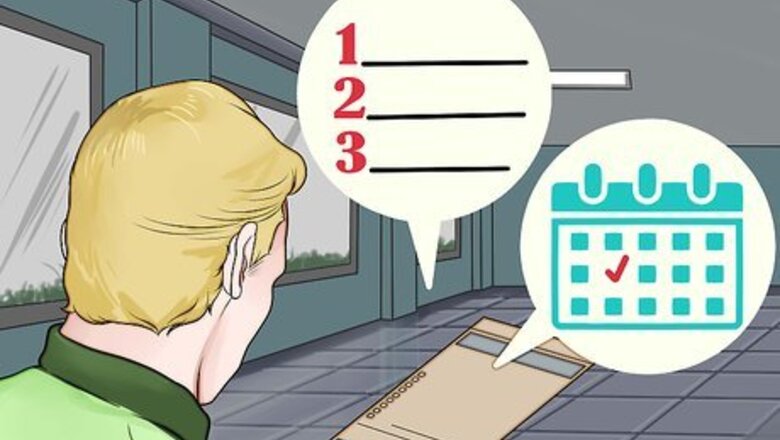
views
X
Research source
There also typically is a lesser burden of proof. If you have an unjust parking ticket, you may feel like the odds are stacked against you. It may be difficult to fight a parking ticket, but it's not impossible.
Reviewing Your Ticket
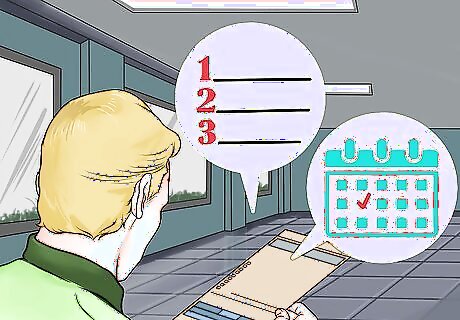
Read the procedure and deadlines carefully. Your ticket will have information explaining how to contest the citation and how long you have after the citation was issued.
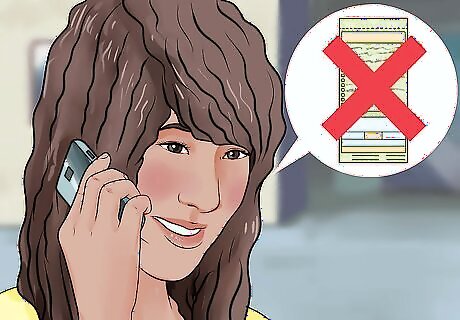
Contest the ticket right away if possible. Even though you may have as many as 30 days to request a hearing or contest your ticket, do it as soon as possible. For example, in Chicago you have only seven days to contest a parking ticket. If there is a phone number you can call to contest the ticket listed, go ahead and call it immediately so you know you won't miss the deadline. If you can't do this immediately from your car, do what you need to do to contest the ticket as soon as you get home.
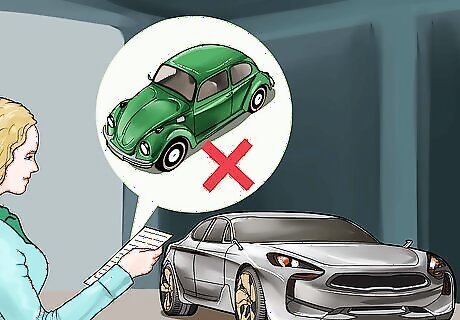
Note any mistakes on the ticket. Review the information the officer wrote on the ticket before it was left on your car, and make sure everything is correct and accurate. The mistake has to be a major thing. For example, if you drive a silver Honda Civic and the ticket lists a green Volkswagen Beetle, that's clearly not your car. However, if the officer wrote the ticket for a "gray Honda Civic," that's probably not enough of a difference to defeat your liability for the violation.
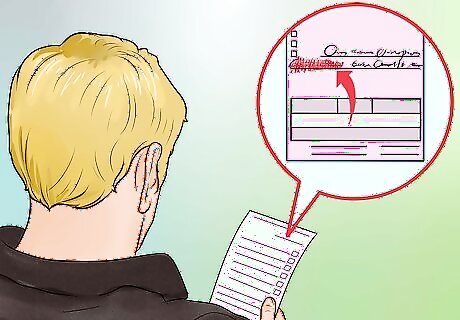
Look for changes or alterations. Because ordinances in some cities prohibit officers from making a change to a parking ticket, any scribbled or scratched out information could constitute an unlawful alteration.
Gathering Evidence
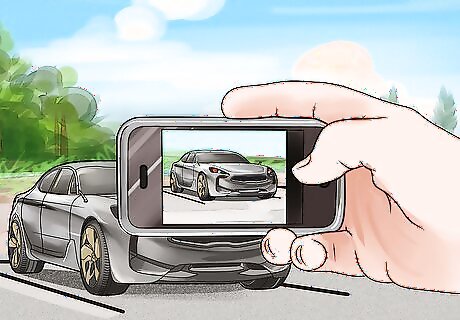
Take photos of the area where you parked. Try to take photos before you move your car, especially if you have a dispute about whether the space is marked appropriately. Typically it is a defense to a parking ticket that any signs or notices of prohibited or restricted parking were removed or obscured. For example, if a sign is obstructed and not clearly visible from your car's position, take a picture clearly showing this. If the curb should have been painted yellow in a no-parking zone and the yellow paint ended before the space where you parked your car, take a picture of the curb and your bumper. Keep in mind that in many cities the burden of proof for the government will be much lower than at a criminal trial. For example, in Chicago the city's burden of proof is "preponderance of the evidence." This means that taking all circumstances into account, it was more likely than not that you violated the city code section referenced in your citation.
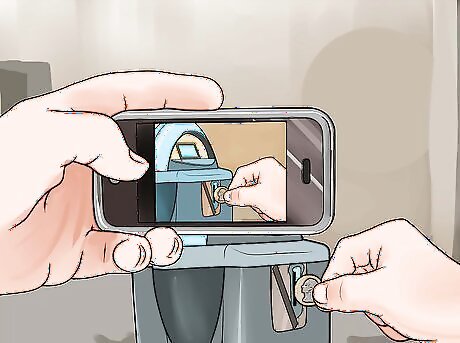
Take video of a broken meter. If the meter where you parked was broken, you need to show it in action if you want to fight that ticket. If possible, use your phone to take a video of you trying to put money in the meter, making sure the meter's read-out is clearly visible and shows that the money you're putting in the meter isn't registering. You should do this as soon as possible, not as an afterthought later, since a broken meter may be fixed in the interim and cause you to lose your evidence.
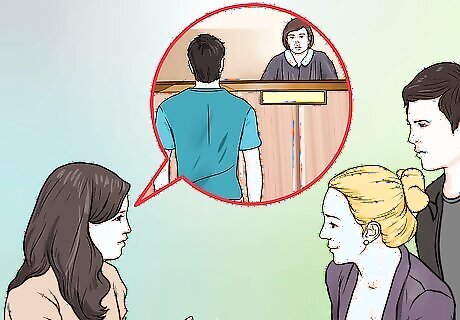
Talk to witnesses. If you have a friend with you, or if a passerby agrees with you that you didn't deserve the ticket, make sure you write down names and numbers so they can testify at your hearing. For example, if a stranger walking by mentions that she also thought it was legal to park where you parked, ask her if she'd be willing to help you fight your parking ticket. Parking ordinances often state that adequate notice of no-parking or restricted-parking zones is required, so multiple people testifying that notice was not adequate might defeat your ticket.
Contesting Your Ticket
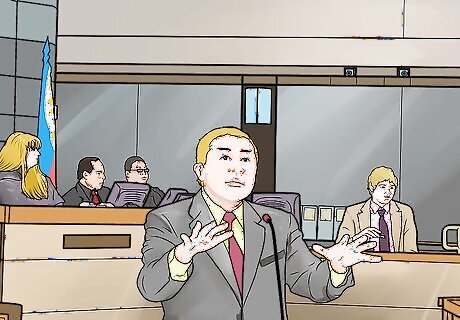
Request a hearing. An in-person hearing, if possible, is preferable to contesting your ticket online or through the mail. Often fighting a parking ticket is a matter of being willing to take the time to wade through the procedure. Most people would rather simply pay the ticket than go to an extended effort to fight it, so if you put forth the effort you may be rewarded.
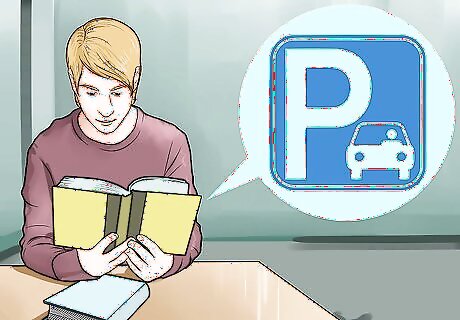
Study the local ordinances. Break down the ordinance you are cited with violating into distinct elements and analyze your parking in light of that ordinance. Look carefully at what the statute requires, and whether the language in the statute allows for any subjective reasoning. For example, if the ordinance you were cited for violating includes language such as "if practicable" or "safety permitting," you have room to argue that the condition required by the ordinance didn't exist in your case.
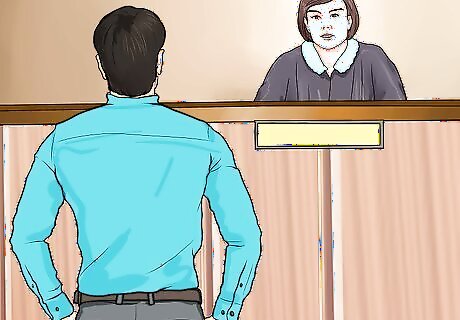
Appear at your hearing. Dress in clean, professional clothing and arrive for your hearing a few minutes early. Most hearings are not as formal as a court proceeding, but you should treat them with the same level of respect and decorum. In many jurisdictions, the officer who wrote your citation must appear at your hearing. If that officer doesn't show up, the ticket will be dismissed automatically.
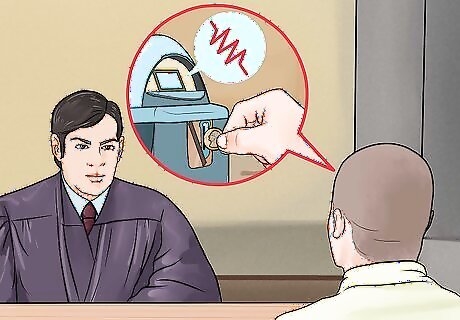
Present your defenses. Explain clearly and succinctly to the judge or hearing officer why you should not have to pay the parking ticket. Be honest and respectful to the judge or hearing officer, and try to avoid getting defensive or emotional. Stick to the facts and keep your remarks brief. After your initial statement, refrain from speaking anymore beyond answering direct questions. If the officer who wrote your ticket is present, don't argue with him or interrupt him when he speaks. Typically, if the officer speaks at your hearing, you will have the opportunity to ask him questions. If you took pictures or videos at the scene, have them with you so the judge or hearing officer can review your evidence. Also bring several copies of any documents you have such as the original citation. If you have witnesses, you may call on them to speak. The city may have witnesses as well, including the officer who issued your citation.












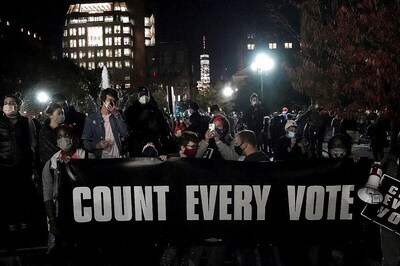



Comments
0 comment